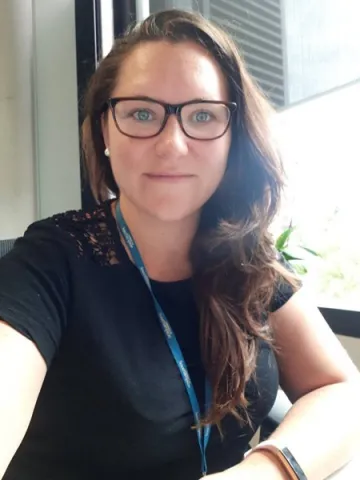About the project
We are inviting applications for a PhD studentship in Human Factors within the Transportation Research Group as part of the Engineering and Physical Sciences Research Council (EPSRC) funded Trustworthy Autonomous Systems (TAS) project.
Explore issues related to trust in autonomous transport systems with a PhD studentship.
You will be part of the human factors engineering team within our Transportation Research Group working on the Trustworthy Autonomous Systems project. This is part of a £33m programme of research bringing together collaborators from different universities and multiple academic backgrounds.
You can tailor the scope of the project on human factors to suit your interests. Possible ideas include:
- looking at the interaction between autonomous vehicles and vulnerable road users such as active travellers
- exploring new methods to assess human factors in relation to autonomous systems and developing a toolkit to do this
- reviewing the equality, diversity and inclusivity challenges of developing autonomous systems
The Transportation Research Group has an array of experimental test beds that can be used within this studentship, including the ‘Southampton University Driving Simulator’ and the newly created ‘Virtual Reality Cave’ which can be used to review interactions between road users.
This project offers a fantastic opportunity to be part of a large network of researchers and project partners, with support and network opportunities provided by the TAS Hub Doctoral network. It will offer the opportunity for you to work collaboratively with peers from other disciplines such as computer scientists, engineers, psychologists, philosophers, lawyers, and mathematicians, to tackle the issues of trust in autonomous systems.
